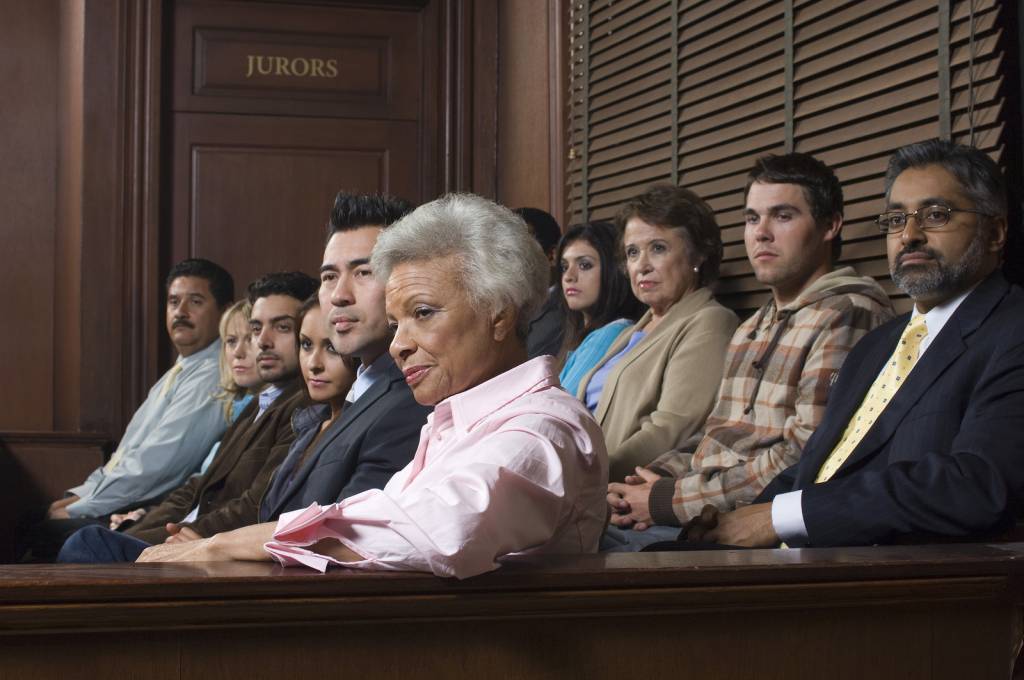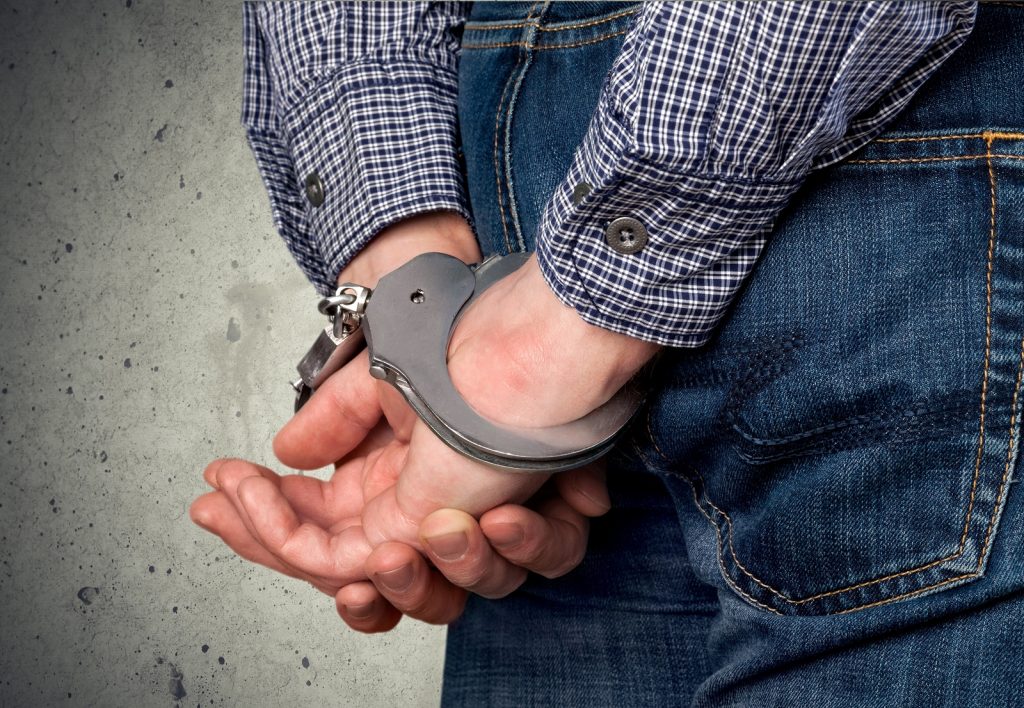Anyone can be accused of a crime. If it happens to you here in California, you will probably need to know exactly what a plea agreement (or “plea deal”) is, because you may be offered such an agreement.
Continue reading – you’ll learn how plea bargains work in California, and you’ll also learn what must be considered if you’re offered an agreement by a California prosecutor.
If you’re arrested and accused of a felony or a misdemeanor, your top priority must be seeking advice and legal representation – immediately – by contacting a Los Angeles drug crimes attorney.
IF YOU ARE CHARGED WITH A CRIME, WHAT WILL YOU NEED?
This is important, and it can’t be emphasized strongly enough: Every defendant in a criminal case needs the legal advice and defense representation that only a skilled defense lawyer can provide.
Do not consider any “bargain” or plea agreement unless and until your criminal defense attorney tells you that it is the best option available to you.
This is also vital: Under no circumstances should you attempt to arrange your own agreement with a prosecutor.
Your defense lawyer is an experienced legal negotiator. Let your lawyer’s experience and training work on your behalf.
ARE PLEA DEALS COMMON?
What is the precise definition of a plea agreement or bargain? A plea agreement is a legally binding contract between the state and a defendant charged with a crime. It’s an agreement that resolves and concludes the case against the accused.
Plea agreements are far more common than most people may think. In fact, only a very small percentage of criminal cases in California actually become courtroom trials.
WHEN DO PLEA NEGOTIATIONS TAKE PLACE?
Plea bargaining can begin even before a defendant is charged or at any time after charges are filed. A deal may be offered at any point in the process before a jury returns a verdict.
In typical plea agreements, the defendant enters a plea of guilty (or “no contest”) on one or more charges, and any other charge or charges are reduced or dismissed.
The process is like any other type of negotiation. A prosecutor’s initial offer should probably be rejected. Plea bargaining and negotiating – ideally – should be a two-way street, and a defense lawyer will ensure that his or her client receives the best “deal” possible.
Negotiations can take place prior to a suspect being charged or after charges have been filed. A plea deal can be offered at any time before a jury returns a verdict.
HOW DO PLEA AGREEMENTS WORK?
In a typical agreement, the defendant enters a no contest or guilty plea to at least one charge in return for one or more other charges being reduced or dismissed.
Like most negotiations, the first offer probably is not an offer that should be accepted. A plea agreement should be negotiated, and a good defense lawyer will ensure that his or her client gets the best available “deal.”
A trial can last for weeks – even months – but a plea deal can be arranged in just minutes. Without a jury’s participation, each side of the case has more control and more say over the outcome.
ARE PLEA DEALS NECESSARY?
California judges and prosecutors use plea bargains to push cases more quickly through the courts. Without plea agreements, the criminal courts in every state would rapidly become overcrowded and unworkable.
In the United States today, more than nine out of ten crime convictions are produced by plea agreements. Prosecutors must adhere to guidelines that spell out precisely how a plea agreement must be negotiated.
WHAT IS PROPOSITION 8?
In 1982, the voters in California passed Proposition 8, which was supposed to forbid plea negotiations in serious felony cases and DUI cases. Proposition 8 ostensibly allows exceptions only in these circumstances:
1. There is insufficient evidence to prove the state’s case beyond a reasonable doubt.
2. Testimony from a material witness is unobtainable.
3. The plea bargain will not substantially change the sentence.
However, even if these exceptions don’t apply, a criminal case in this state may still be negotiated. Proposition 8 allows plea bargaining subsequent to an arraignment, prior to a preliminary hearing, and during the course of a grand jury proceeding.
HOW SHOULD YOU AND YOUR ATTORNEY REVIEW A PLEA OFFER?
If you are charged with a crime in California, when you and your attorney review a prosecutor’s plea bargain offer, one of the key considerations is the strength of your defense strategy.
If the evidence against you is persuasive, your attorney may recommend accepting a prosecutor’s offer. However, if your defense is strong and the state’s case is weak, your defense lawyer may recommend taking the case to trial and seeking a not guilty verdict from a panel of jurors.
Every case is different, so it all depends on the details of the offer, the details of the case and the charge or charges, and what’s at stake. That is yet another reason why you will need to have a defense attorney representing you and negotiating on your behalf.
ARE THERE DIFFERENT TYPES OF PLEA AGREEMENTS?
Generally speaking, there are three different ways that a plea bargain can work:
1. In a “sentencing” agreement, the defendant pleads no contest or guilty and receives a less severe sentence.
2. In a “charge” agreement, the first charge is dismissed when the defendant pleads guilty to a lesser charge. For instance, a DUI first offender might plead guilty to wet reckless, and in return, the DUI charge is dropped.
3. In a “count” agreement, the defendant pleads guilty to one or more charges, and in return, the state drops the other charge or charges.
HOW CAN A CRIMINAL DEFENSE LAWYER HELP?
A qualified criminal defense attorney who regularly negotiates plea agreements will know which offers to reject and which – if any – plea offer should be accepted.
This is important: If you’re wrongly charged – and not guilty – you probably should not entertain any plea deal or offer. If you are innocent, your defense lawyer will fight aggressively for a not guilty verdict – and for justice on your behalf.
You should understand, however, that a plea arrangement often makes good sense. Trials and jurors are unpredictable. Even the finest criminal attorney cannot guarantee or promise a specific outcome in any particular case.
Moreover, if you refuse a plea agreement and your case goes to trial, a conviction could result in a more severe sentence. It’s a possibility that must be considered.
WHO HAS THE FINAL SAY?
Inevitably, rejecting or accepting a plea deal is up to a defendant alone.
However, if you become a criminal defendant in the Los Angeles area, you will very much need the insights, advice, and aggressive representation that an experienced criminal defense attorney will provide.
Make the call to an attorney at once if you are charged with a crime. That is your right.









